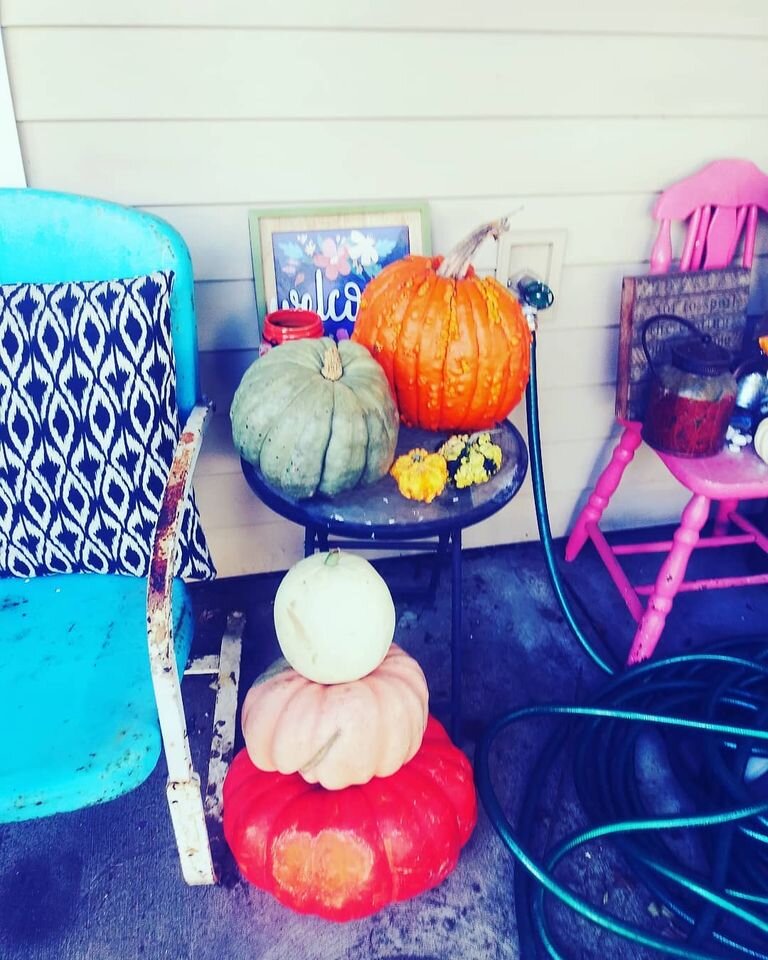It seems fitting to me that this is the first year I have participated in my church’s Maundy Thursday service (of course, on Zoom). If you haven’t ever included this Holy Day in your spiritual practice, it is an commemoration of Jesus’ last day before his crucifixion. We take communion and we tell the story of his death. Then we regather on Easter morning to break the vigil we begin on Maundy Thursday to celebrate the resurrection of Christ.
I say it seems fitting because this year, death feels close. Thankfully, I am not ill. None of my loved ones are ill. And I know that makes me incredibly privileged during this time of COVID-19, where the virus seems all around us. But between the virus and my CPE work at the hospital, it seems I am daily being confronted with the reality of death.
It has become part of my spiritual practice to attend to the dead and dying and their loved ones. This is new work for me. I have not been around a lot of death, though I spent my childhood in community and we certainly lost many people over the years. Somehow, being in those hospital rooms, especially with such limited visitation right now, this feels different.
For one, I am witnessing it almost every day I come into work (this is not a reflection of the state of the virus, but I think a common experience in Spiritual Care practice). That’s a lot of death. And now today, I spent a bit of my evening singing and reading the story of the death of God.
There’s a true heaviness to this time and to the work of God in the world sometimes. It is not all light and breezy. And for me, it has become important practice to not wish the heaviness away (I don’t mean to never take a break, but rather to not play ‘hot potato’ with it). This work, this deep, deathly work is important to what it means to be a human being. It’s hard. There are a lot of feelings to experience: fear, sadness, grief, anxiety, anger, resentment, frustration, stress…I could name every feeling and it it probably applies in the roller coaster experience that is death.
One of my fellow CPE interns recently said, “There’s no more human thing to do than to die.” And I thought, “That would not have been something I would have subscribed to three months ago.” This is a specific season, a specific time - both in the world and in our lives.
And I guess I wanted to come on here tonight and just wish peace and love to everyone as we communally go through death both in the Holy Week that is Easter and in the experience of COVID-19, where so much is left feeling uncertain and unstable. I think in all the instability and loss, we can find God here. I think he can meet us here. He can be present with us in this.
I don’t subscribe to any idea that God brings suffering or inflicts it deliberately. What a cruel thing to believe. I believe in love. And you know what? Love meets us in suffering. That’s why loss hurts so much in the first place - it’s the evidence that we experienced love at all. Glennon Doyle calls it our receipt. Embrace the pain of loss and hold on tight. There is beauty and growth waiting for us in the pain. Not when all the pain goes away - right now, in the pain.
And if this isn’t the right message for you tonight, if you need something happier and more shiny, it’s okay to skip me this time. I totally understand how important it is to guard our consumption of material right now. But if you’re feeling the heaviness, I just want you to know, that’s what makes you human. And humans do hard things. You are loved. Easter Sunday is coming.





